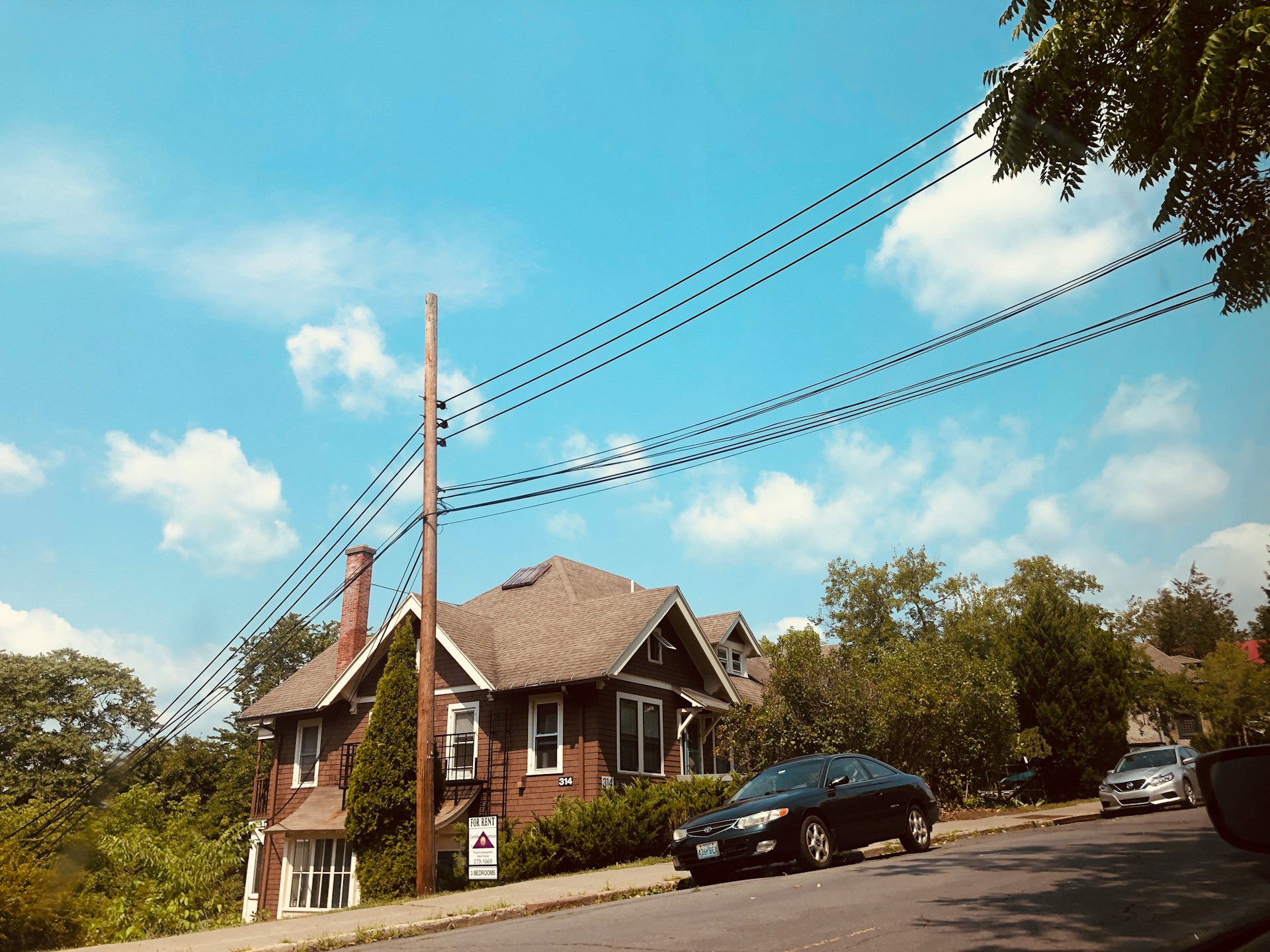Homeowners can choose from several types of mortgages, but service members, veterans, and their spouses have an additional financial product to consider. VA loans make homeownership more accessible with perks like no money down, competitive rates, and no private mortgage insurance premiums. This guide will explore the pros and cons to consider before taking out a VA loan.
What is a VA Loan and What are the Eligibility Criteria?
A VA loan is a mortgage that helps qualifying service members, veterans, and spouses obtain financing for a home. Service members must have served for at least 90 continuous days to be eligible for the loan.
Veterans who served from August 2, 1990, to the present day must have fulfilled one of the following requirements:
- At least 24 continuous months
- The full period of at least 90 days of active duty
- At least 90 days if you were discharged due to a hardship or a reduction in force
- Less than 90 days if you were discharged for a service-connected disability
VA Loan Pros and Cons: Should You Get One?
VA loans have strengths and weaknesses, just like any financial product. Here’s what you should consider when assessing your options.
Pros of VA Loans
These are the advantages that come with getting a VA loan instead of a conventional mortgage.
No Down Payment Requirement
You don’t have to put any money down to buy a property with a VA loan. Conventional loans require 3% money down, and you’ll have to put 10% down for an FHA loan if you have a FICO score between 500-580.
Competitive Interest Rates
Many loans have competitive rates, but VA loans are among the best in the industry. You will end up with a lower APR if you use a VA loan compared to conventional financing methods.
No Private Mortgage Insurance (PMI)
The Department of Veterans Affairs allows borrowers to avoid private mortgage insurance premiums when they use the program. Not having to deal with this additional monthly expense can help you pay off your property sooner.
Flexible Credit Requirements
You don’t need the best credit score to get a VA loan. While some VA lenders require that you have a 620 FICO score or higher, other lenders do not impose any credit requirements for their VA loans.
Lower Closing Costs
VA loans can help you save money on closing costs compared to other financial products. Those extra savings can help you with other expenses associated with becoming a homeowner.
Foreclosure Avoidance Assistance
The Department of Veterans Affairs has several programs in place to keep veterans in their homes. For instance, the company’s recently announced Servicing Purchase program intends to help more than 40,000 veterans stay in their homes amid financial hardships.
Refinancing Options
Borrowers with VA loans can opt for a VA cash-out refinance or a conventional mortgage’s cash-out refinance. Other conventional options are around, but VA loans also enable VA streamline refinances. This process involves less paperwork and can help you secure a lower interest rate on your loan.
Cons of VA Loans
While VA loans offer several perks, they aren’t perfect. These are some of the downsides to consider before taking out one of these loans.
Funding Fee
The VA funding fee helps to fund the VA program, and this fee can range from 1.25%-3.3% of the loan’s balance. You will have to pay a higher fee if you put less money down. If you put 0%-5% down, you will have a 2.15% VA funding fee for the first use and a 3.3% fee after the first use if your down payment is within the same percentile range.
If you make a 5%-10% down payment, you only have a 1.5% VA funding fee. The fee drops to 1.25% if you make a 10% down payment or higher.
Property Restrictions
You can only use a VA loan for a primary residence that gives the homeowners safe access. The property must also have a stable roof, clean water, heating, mechanical systems, sufficient space for each person, and no pests, lead-based paint, or rot. If you want a fixer-upper, a VA loan isn’t the right choice for you.
Strict Appraisal Standards
An independent VA appraiser will review the property’s value and condition. This process isn’t friendly toward fixer-upper properties. You’ll either have to pay for repairs out of pocket, ask that the seller cover the repairs, or walk away from the deal.
Lengthy Approval Process
The entire process can take 40-50 days, which is longer than a conventional mortgage. In a seller’s market, a traditional mortgage can give you the speed and flexibility to pursue a house on the market before another buyer reaches a deal.
Limitations and Restrictions
VA loans are only available for primary residences. You must also fulfill the VA lender’s limitations, which can vary from how much capital you can borrow to what credit score you need to qualify.
Comparing VA Loans to Other Mortgage Options
VA loans are one of the many options for financing a home. These are some of the other choices to consider.
VA Loans vs. Conventional Loans
Both loans have competitive rates and terms, but you will receive a lower interest rate with a VA loan. Both of these loans let you choose between fixed-rate and variable-rate mortgages with terms that typically range from 15-30 years.
Conventional mortgages have more stringent credit score requirements, and you will need a 620 FICO score or higher. In addition, traditional mortgages require a 3% down payment and include private mortgage insurance until your LTV ratio is below 80%. VA loan borrowers don’t have to worry about minimum down payments or private mortgage insurance.
However, conventional loans do not have the VA funding fee. That’s an extra expense that can exceed a traditional mortgage’s closing costs. You may want to consider a traditional mortgage over a VA loan if you can put more than 20% down. That way, you won’t have to worry about private mortgage insurance or the VA funding fee.
Both loans offer plenty of refinancing options, but the VA streamline refinance is one option that you won’t get with a conventional mortgage. A streamline refinance involves less paperwork and can help you secure a lower interest rate.
VA Loans vs. FHA Loans
The government works with lenders to offer both of these loans, but you don’t have to be a service member, veteran, or qualifying spouse to obtain an FHA loan. You can get an FHA loan with a credit score as low as 500 as long as you are willing to make a 10% down payment. The minimum 3.5% down payment requires that you have a 580 credit score.
FHA loans don’t have the funding fee, and you can use an FHA streamline refinance, just like the VA streamline refinance. However, FHA loans have the worst private mortgage insurance. If you put 10% down, you’ll have to pay private mortgage insurance for the first 11 years of the mortgage, even after you have more than 20% equity. Homeowners who put less than 10% down for an FHA loan are stuck with private mortgage insurance over the loan’s duration.
Some FHA borrowers refinance into conventional mortgages after reaching 20% equity. While this move will free them from PMI payments, it’s also expensive, especially if you refinance shortly after surpassing the 20% equity threshold. VA loans are more affordable, have no private mortgage insurance, and offer the most competitive rates in the industry.
VA Loans vs. USDA Loans
Both of these loans do not require any money down and also don’t come with private mortgage insurance. USDA loans also come with streamline refinancing options that simplify the process.
While VA loan borrowers have the VA funding fee, USDA loans come with an upfront guarantee fee and an annual fee. The upfront guarantee is 1% of the loan’s amount, while the annual fee is roughly 0.35% of the loan’s amount. The annual fee is factored into your financing and gets recalculated each year.
A key area in which these two loans is their flexibility. While VA loans only let you buy a primary residence, USDA loans are even more restrictive. You can only use a USDA loan for a primary residence in a qualifying rural area. If you want to buy a property in the suburbs, you can use a VA loan, but it probably won’t be eligible for a USDA loan.
What to Expect During the VA Home Loan Process
You will have to gather documents like your ID and Social Security Number and present them to lenders. It’s important to research multiple lenders instead of working with the first VA lender that you find. Once you submit an application, the entire process should be over within two months. It’s a good idea to contact the lender’s customer support if you have any questions during the journey.
When you decide to pursue a VA home loan, it’s essential to understand what the process entails, and The Federal Savings Bank can help you. Throughout this entire process, The Federal Savings Bank is dedicated to providing you with support and guidance every step of the way. Their knowledgeable team will answer any questions you may have and ensure that you feel comfortable and informed as you make decisions regarding your home loan.
Additionally, The Federal Savings Bank offers a range of resources to help demystify the VA loan process, including educational materials and personalized consultations. They aim to empower service members and veterans by equipping them with the information they need to take advantage of their VA benefits effectively.
If you’re ready to take the next step in your homeownership journey or simply want more information about VA loans for manufactured homes, reach out to The Federal Savings Bank today. Completing a brief online form is all it takes to connect with a member of their team who can provide you with the guidance and resources you need.
Weighing Out the Pros and Cons: Is a VA Loan Worth It?
A VA loan makes homeownership more affordable and attainable for veterans. While the VA funding fee is an additional expense, veterans, service members, and their spouses can buy houses without any money down. These zero-money down mortgages do not include any private mortgage insurance premiums.
It’s important to assess the pros and cons of these financial products while comparing them with other options, such as FHA mortgages, USDA mortgages, and traditional mortgages. Each of these mortgages comes with different credit scores, restrictions, APRs, and other factors. As you review several offers and assess the pros and cons of each financial product, you’ll be in a better position to make the right decision.







